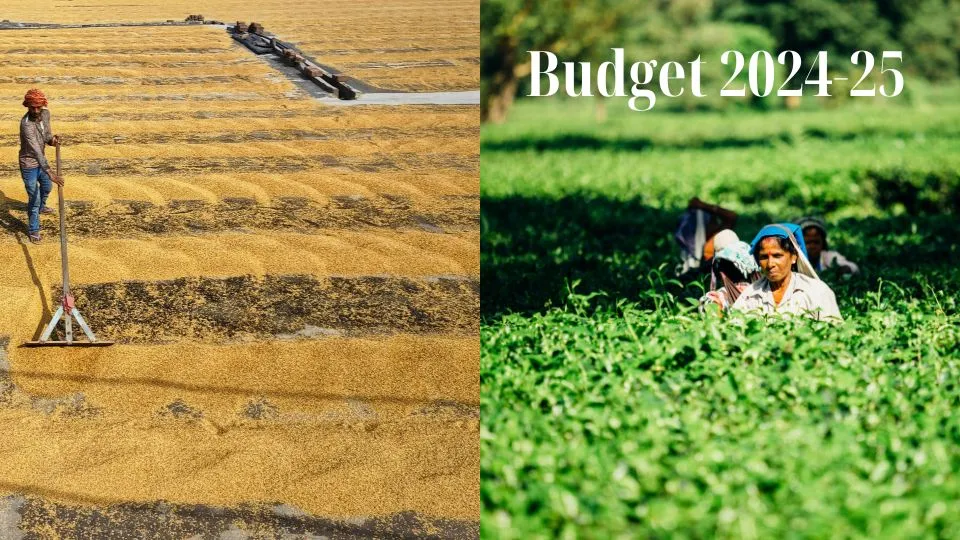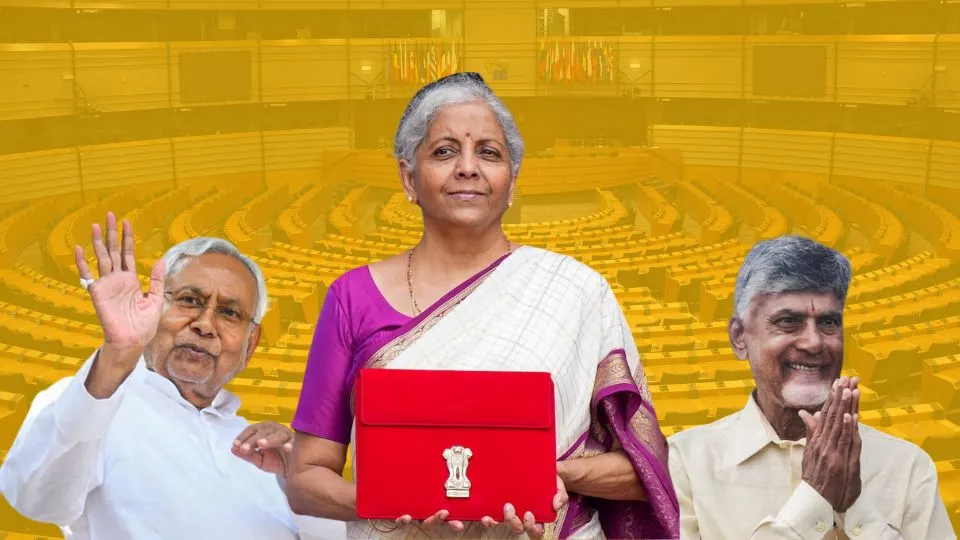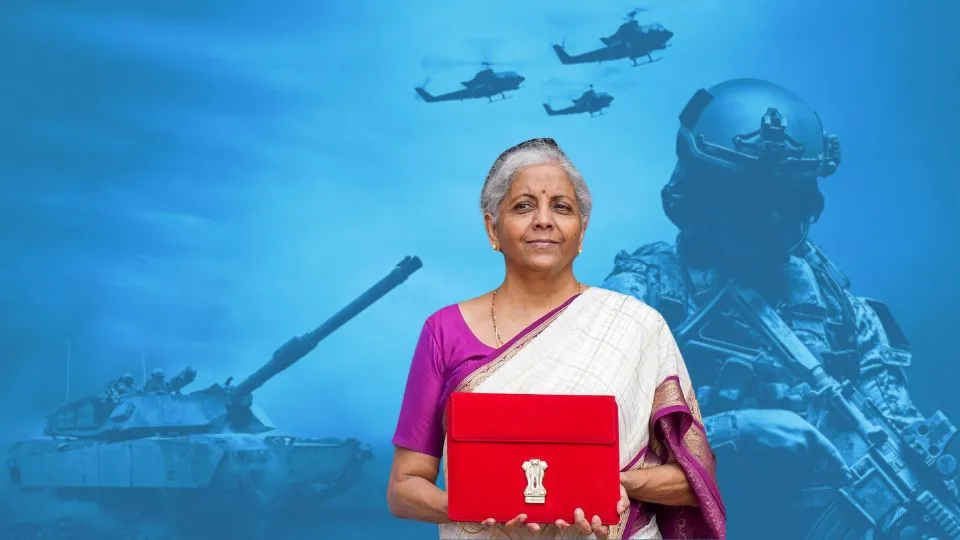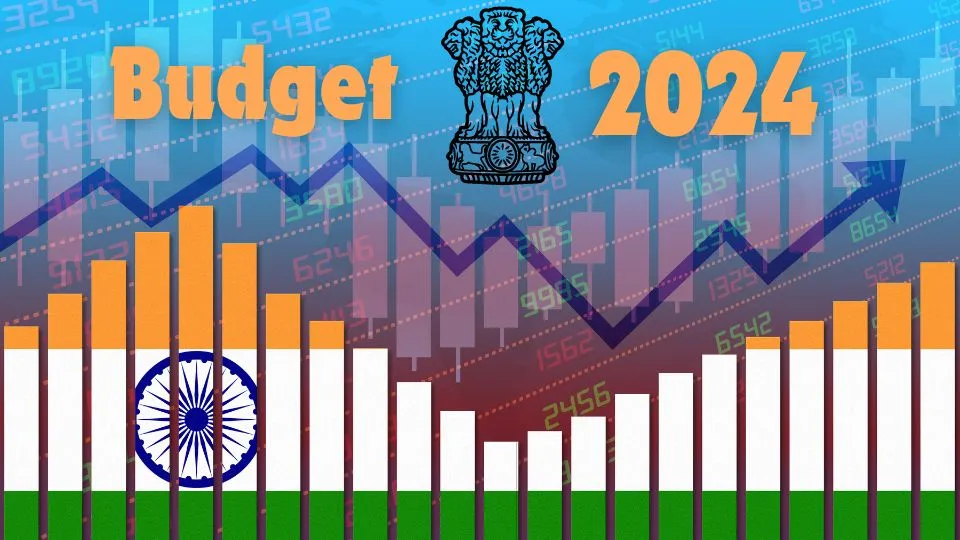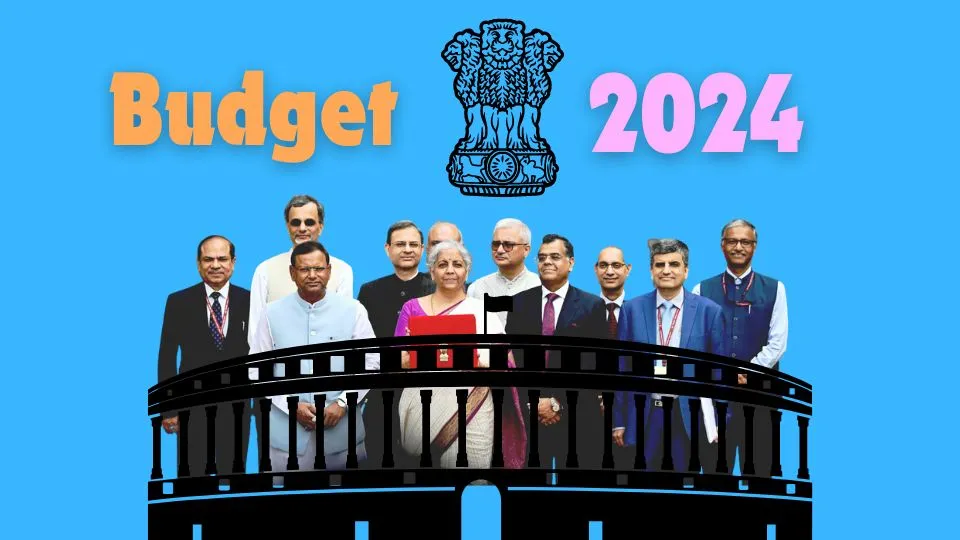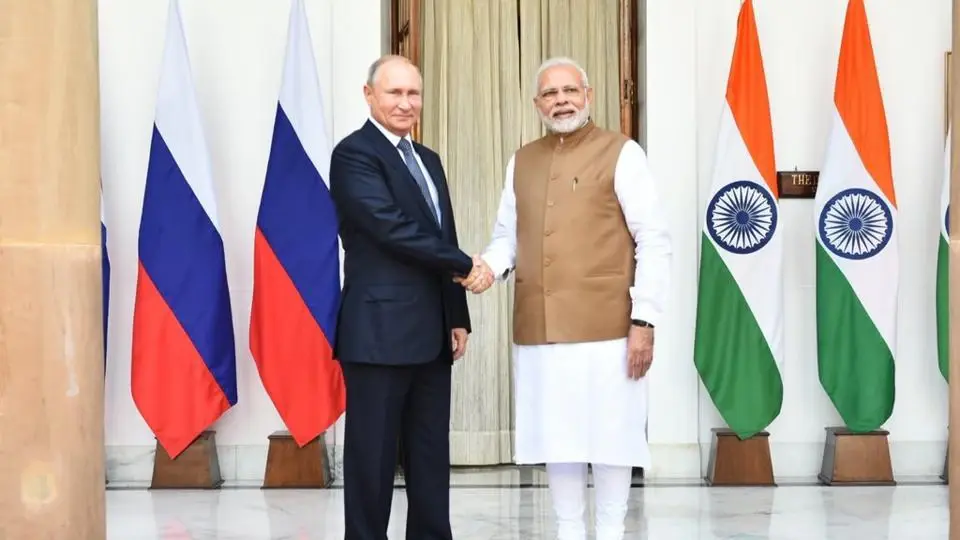To rev up the activities of the agriculture sector, the Finance Minister, Nirmala Sitharaman, revealed that an allocation of INR 1.52 lakh crore for agriculture and allied sectors was made in the fiscal year 2024-25. It has made a big hunk of investment in the industry towards supporting farmers and increasing agricultural sector productivity.
Promotion of Natural Farming
One of the key features of this year’s budget is that 10 million farmers will be introduced to natural farming in two years. This will reduce dependency on chemical fertilisers and pesticides, improve soil health, and increase farmers’ profitability. The government will support the farmers by giving certification and branding to make a shift towards natural farming easier.
Development of Vegetable Production Clusters
It is said that the government would like to promote large blocks of vegetable production in the country to ensure a continuous vegetable supply. The vegetable production clusters are to be set up near major consumption centres to improve the supply chain and reduce market shortages.
Focus on Climate-Resilient Crops and Digital Farming
It also, in a way, emphasizes the development of climate-resilient crops. It will involve an overall makeover of agricultural research for developing and releasing 109 crop varieties that are high-yielding and climate-resilient. In addition, 10,000 bio-input centres will be opened to make sure the production, storage, and marketing of oilseeds are done promptly.
Enhancing Digital Infrastructure in Agriculture
Under this, the government would work in collaboration with state governments to enhance digital public infrastructure in agriculture. A digital crop survey for Kharif would be conducted in 400 districts in FY25, while issuance of Jan Samarth-based Kisan Credit Cards would be enabled in five states. This digital framework would provide farmers with vital information, including weather forecasts, crop advisory services, and market prices.
Comprehensive Review of Agricultural Research
The government will roll out a comprehensive review of the agricultural research set up in line to concentrate on increasing productivity and developing climate-resilient varieties. Funding through a challenge mode will also be tied up with the private sector and be steered by domain experts from within the government and outside.
Also Read | Budget 2024: Government Unveils GST Expansion, Duty Cuts on Essentials and Simplified Tax Regime
Financial Support for Shrimp Farming
The plan envisages continuous financial support to shrimp farming, processing, and export through NABARD. A network of Nucleus Breeding Centres for Shrimp Broodstocks will be established to increase the productivity and profitability of the aquaculture sector.
Promotion of Digital Public Infrastructure
The government will encourage digital public infrastructure for agriculture, with an impetus on entering the details of six crore farmers and their lands into registries over the next three years. Through this development, it aims to make agriculture easier to handle and, thereby, bring ease of access to all associated services for farmers.
Large-Scale Vegetable Clusters
Large-sized vegetable clusters would be set up closer to major consumption centres to enhance the supply of fruits and vegetables. The government will promote Farmer-Producer Organizations FPOs, cooperatives, and startups working in the vegetable supply chain for collection, storage, and marketing.
National Cooperation Policy
It has been proposed to introduce National Cooperation Policy [NCP] to promote overall growth in the cooperative sector in the Country.
Continued Support for Fertilizer Subsidies
The fertilizer subsidy has been left unchanged at INR 1.64 lakh crore, which is the same as what was proposed in the interim budget. Support of this sort assures a continuous supply of cheap fertilizers to farmers for raising crops.
Commitment to Food Security
The food subsidy has also been pegged at INR 2.05 lakh crore, which is the same as that in the Interim Budget. That readily shows the commitment of the government to food security for people.
About the Author
Ms Akshita Siddhapura is a Business Analytics student at SCMS-B, passionate about finance and research. She has a keen interest in financial analysis and strategic growth, showing a strong commitment to business and finance.
